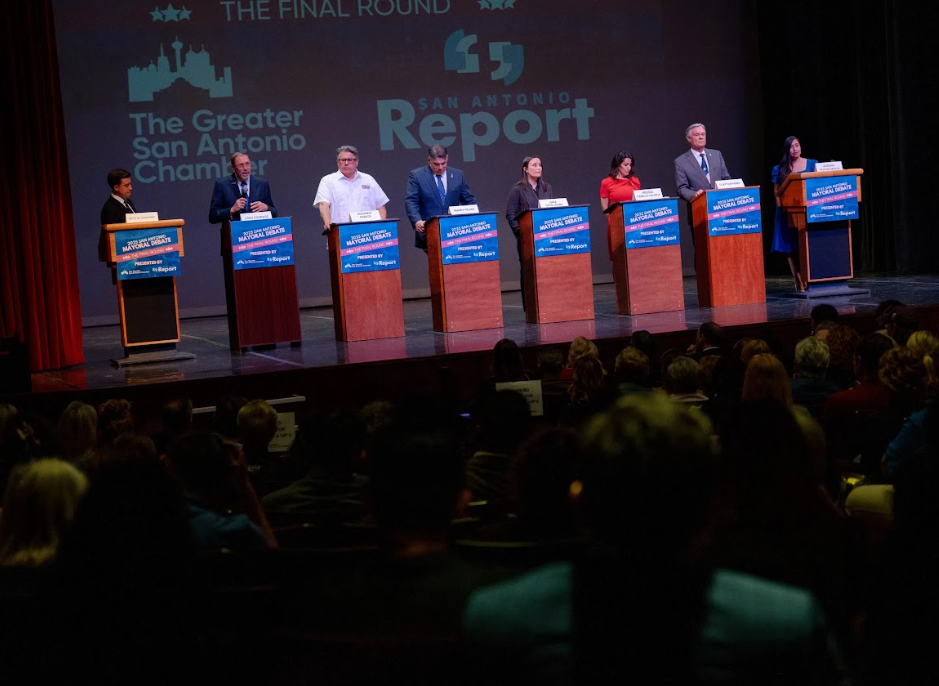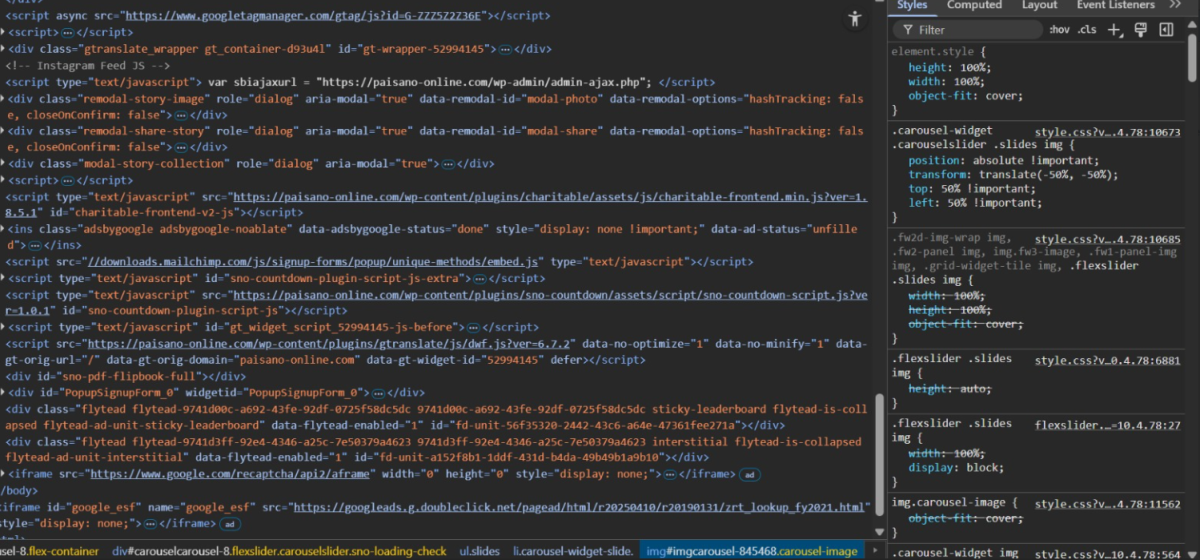
Photo Credit: Rafael Gutierrez & Lindsay Smith
Since the launch of Facebook in 2004 and Twitter in 2006, social media has permeated online society. Forums such as Facebook have increased human connectivity and the spread of information in unprecedented ways, but they could be having negative effects on their users.
In early September, St. Mary’s University graduate student Jessie Smith concluded research on Facebook use and how it could negatively affect relationships. The study followed 205 Facebook users, ages 18 to 82, using a 16-question online survey. Relationship length was used as an indication of success.
In an interview with KSAT News, Smith stated, “Constantly looking at other people’s profiles, and ex-partner’s profiles is going to strike up any jealousy that was there to begin with. The more likely you are to use Facebook, the more likely you are going to run into conflict because of that Facebook use, and that conflict itself is what leads to that negative relationship outcome.”
To help prevent this result, Smith suggests that couples “set boundaries and limits on their social media usage and stick to them.” Smith’s findings can be found in her contributing publication, “Cheating, Breakups, and Divorce: Is Facebook Use to Blame?”
Social media has become an outlet for couples to announce big life events such as the “in a relationship,” “engaged,” and “married” status updates. The idea that a couple’s relationship is not really “official” until it becomes “Facebook official” (FBO) is a 21st century trend.
Earlier this year, the Journal of Social and Personal Relationships published the article, “The role of Facebook in romantic relationship development: An exploration of Knapp’s relational stage model.”
In the study, researchers “sought to discern the interpersonal and social implications of publicly declaring oneself as ‘In a Relationship’ with another person on Facebook and ‘becoming FBO.’ College students consider ‘FBO’ to be indicative of an increased level of commitment in relationships. Typically, relationship exclusivity precedes a discussion on becoming ‘FBO,’ which occurs when the relationship is considered “stable.”
A further change in how people establish the beginning and end of their relationships is that now couples break up through Facebook rather than through a discussion face-to-face as evidenced by the many “how to” breakup etiquette blogs online.
More and more, social media is defining how we form relationships with others; electronic communication is quickly replacing one-on-one contact.
Humans have the ability to communicate both verbally and nonverbally. Psychology Today estimates that 93 percent of communication is perceived through body language. However, with the advent of social media, personal connections get lost in cyberspace, hindering the ability to bond on deeper levels.
Social media and Internet use may also affect children’s development of social skills and their ability to interact with other people.
According to The Daily Mail, Oxford University neuroscientist Susan Greenfields was interviewed about the effects of social networking and child development. She feared that Internet use is changing not only the development of brain functions but also “rewiring them.” Greenfields also makes a correlation between autism and Internet use. She hypothesizes that either widespread Internet use among children could cause the development of autism, or the spread of information has made the disorder more well known. Either way, she believes it is something that should be studied.
Conversely, according to an article in The Atlantic, “Is Facebook Making us Lonely?” by Stephen March, “Social media use can be linked to Pathological Internet Use (caused or exacerbated by social networking), which is associated with feelings of loneliness, depression, anxiety and general distress.”
There is a general consensus among researchers that people feel worse about themselves after an hour of “Facebooking,” which then can lead to feelings of inadequacy, and possibly depression.
Mary McNaughton-Cassill, a professor of psychology at UTSA, has looked at some of the psychological effects of Facebook.
“Facebook is very deceptive; people only share things that make themselves look better. Picture yourself at home on a Saturday night studying, and you see a ton of posts on Facebook about how much fun people are having tonight.
“These posts are just a way to get attention from others, which in turn will make you feel bad about staying in,” says Cassill.
For students balancing work, school and social life, Facebook can be overwhelming. “The problem with social media is that people don’t limit their use; it’s like they are on-call 24/7, and I find that a lot of students become stressed, which is probably due to too many texts and too much stimulation.”
Facebook is good and bad for different reasons: it is bad because it interferes with relationships but good because it helps people stay connected with friends they would otherwise lose due to distance.
“When I was in college, it was harder to maintain friendships,” said Cassill. “We didn’t have a phone with us all of the time. All we had was a landline in the dorm room, and even then you had to wait till the evening to call; otherwise, it was very expensive to phone during the day. But now it is easier to keep in contact.”
As a still-new phenomenon, more research is being conducted to ascertain the full effects of social media on mental health and overall well-being. “I don’t think social media is going anywhere. People like the convenience and the connection, but they need to set boundaries,” said Cassill.





